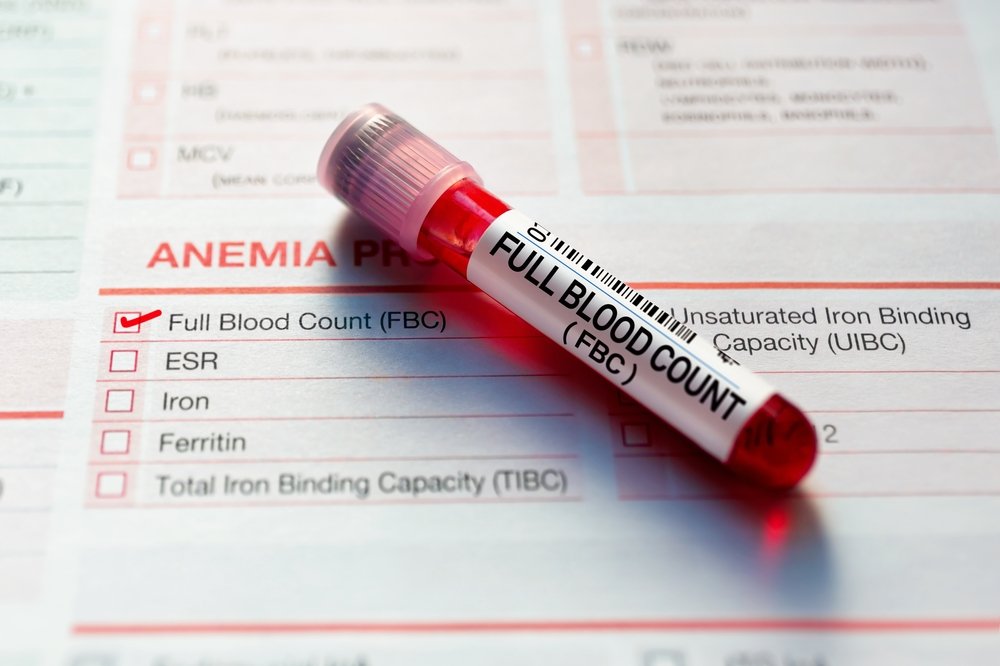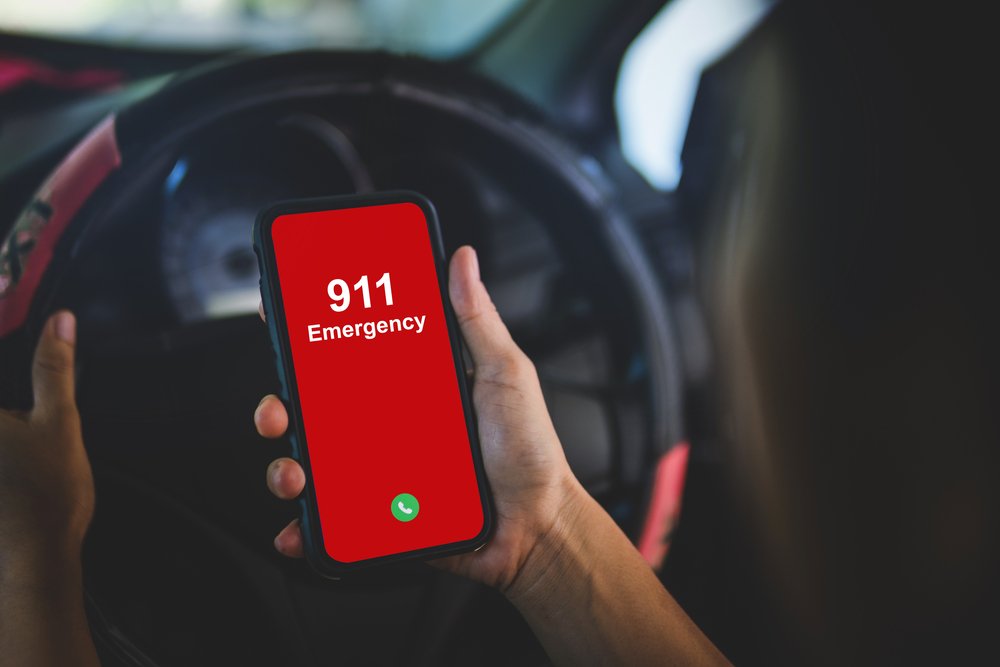Diagnosing depression involves a multifaceted approach, combining patient discussions with potential lab assessments that result in a highly accurate depression test. To effectively identify and manage depression, doctors rely on a dialogue with patients to unveil specific depressive symptoms. Standard inquiries may be employed for initial depression screening. While a physical exam gauges overall health, conversing with patients offers insights into mood variations, behaviors, and lifestyle choices.
Clinical depression manifests diversely, complicating diagnosis. Individuals may exhibit symptoms such as withdrawal into apathy, irritability, or restlessness. Eating and sleep patterns can swing to extremes, with some overeating or oversleeping while others experience appetite and sleep disturbances.
Observable behaviors may not fully represent inner turmoil, as depression affects the body, emotions, thoughts, and actions differently in each case. Doctors now distinguish between various depression subtypes, such as major depression, chronic depression (including dysthymia), seasonal affective disorder (SAD), bipolar disorder, or other clinical depression types, offering more tailored diagnoses.

Diagnosing Depression Through a Physical Exam
A physical examination is a must as part of any effective depression test. As part of the initial physical examination, your doctor may incorporate standard tests. These tests might encompass blood examinations to assess electrolyte levels, liver function, toxicology screenings, and kidney function. Given that the kidneys and liver play crucial roles in metabolizing depression medications, any impairment in these organs could lead to drug accumulation within the body.
Additional assessments may occasionally comprise:
- CT scan or MRI of the brain to exclude serious conditions like brain tumors.
- Electrocardiogram (EKG) to identify certain cardiac issues.
- Electroencephalogram (EEG) to record brain electrical activity.

Screening for Depression
Your doctor may employ specific questions to screen for depression, such as a two-part questionnaire:
- In the past month, have you felt down, depressed, or hopeless?
- In the past month, have you experienced little interest or pleasure in activities?
These depression test responses guide further assessment. Additional questions may confirm depression or prompt a review if depression is ruled out. These questions, especially when combined with other assessments, are effective at detecting most cases of depression. These tools complement clinical interviews, leading to accurate diagnoses and effective treatment recommendations by your doctor.

Key Signs Doctors Look For When Diagnosing Depression
Your doctor will assess your symptoms, including their duration, onset, and prior treatment. They’ll inquire about your emotional state, probing for signs of depression such as:
- Persistent sadness or depressed mood
- Loss of interest in formerly enjoyable activities
- Significant changes in weight or appetite
- Frequent insomnia or excessive sleep
- Noticeable physical restlessness or fatigue
- Feelings of hopelessness, guilt, or worthlessness
- Difficulty concentrating or making decisions
- Recurrent thoughts of death, suicide, or suicide attempts

How Can Symptoms of Depression Ultimately Lead to a Depression Diagnosis?
For a diagnosis of major depression, you need at least five of the above symptoms, including one of the first two, experienced almost daily for at least two weeks. Depression’s impact can span weeks to years, affecting personality, social connections, and work performance, potentially leading to a lack of understanding from others. Some symptoms can be severely disabling, hindering basic functions like eating and personal hygiene. Depression episodes may be one-time occurrences or recurrent, chronic, or enduring, often triggered by life events or seemingly random. Additionally, clinical depression frequently coexists with other medical conditions like heart disease or cancer, exacerbating the prognosis for these illnesses.

What Patients Can Do To Help Doctors Determine Whether They Are Clinically Depressed
For the depression test to work as it should, it requires some effort from you. Prior to your appointment, compile your depression concerns and specific symptoms, along with obtaining a comprehensive family history from relatives. This information aids in an accurate diagnosis and an effective treatment plan. Make note of:
- Mental and physical health concerns
- Observed symptoms
- Atypical behaviors
- Previous illnesses
- Family’s depression history
- Current and past medications (prescription and over-the-counter)
- Unusual medication side effects
- Dietary supplements
- Lifestyle (exercise, diet, smoking, alcohol, drugs)
- Sleep patterns
- Stress sources (marriage, work, social)
- Questions about depression and medications

Important Indicators That You Need Help
The most significant obstacle in addressing depression lies in its recognition. After all, a depression test can only be used if you understand that you might be depressed. Unfortunately, nearly half of individuals grappling with depression remain undiagnosed and untreated. This oversight can have dire consequences, with over 10% of those affected resorting to suicide.
When depression begins to impede your life, leading to difficulties in relationships, work, or family matters without apparent resolutions, seeking help becomes imperative. Particularly if these emotional challenges persist over time, intervention is crucial to prevent further deterioration.
If you or someone you know is grappling with suicidal thoughts or emotions, it’s imperative to take immediate action. Call 911 or head to the nearest emergency room for immediate assistance. Recognizing and addressing depression is the first step toward healing and a brighter future.


